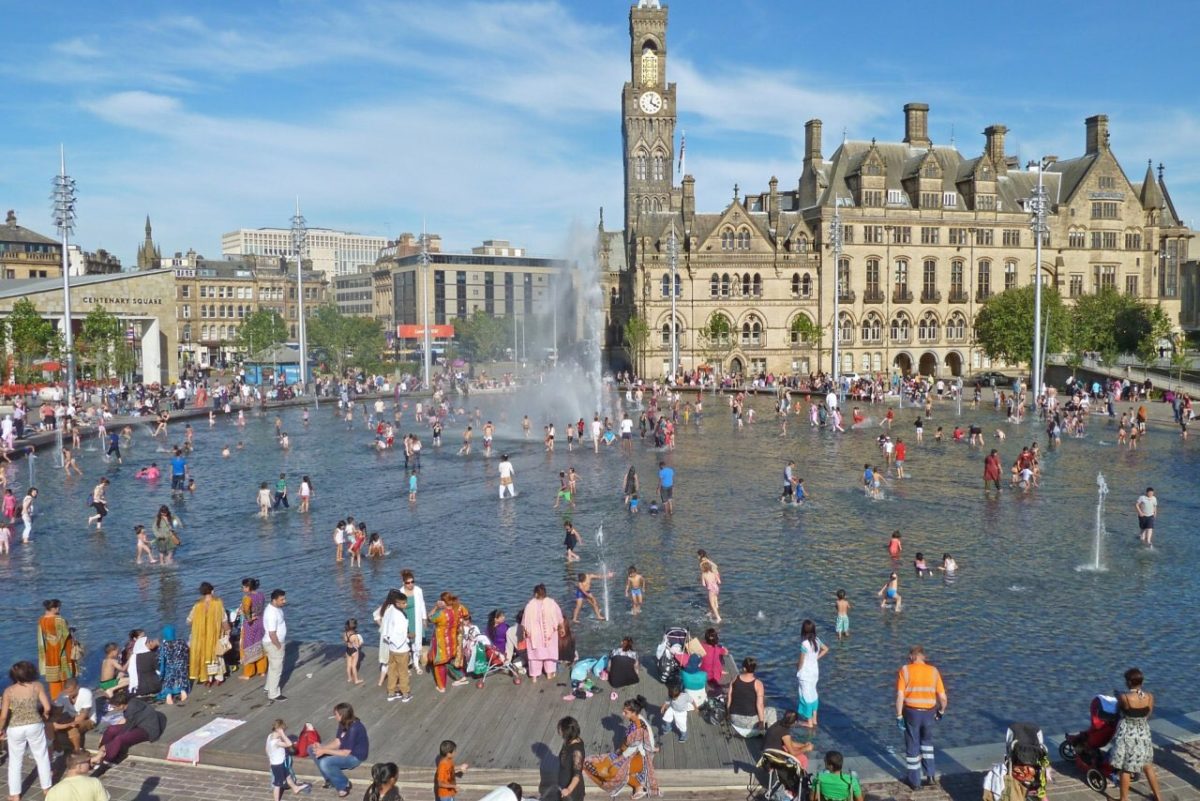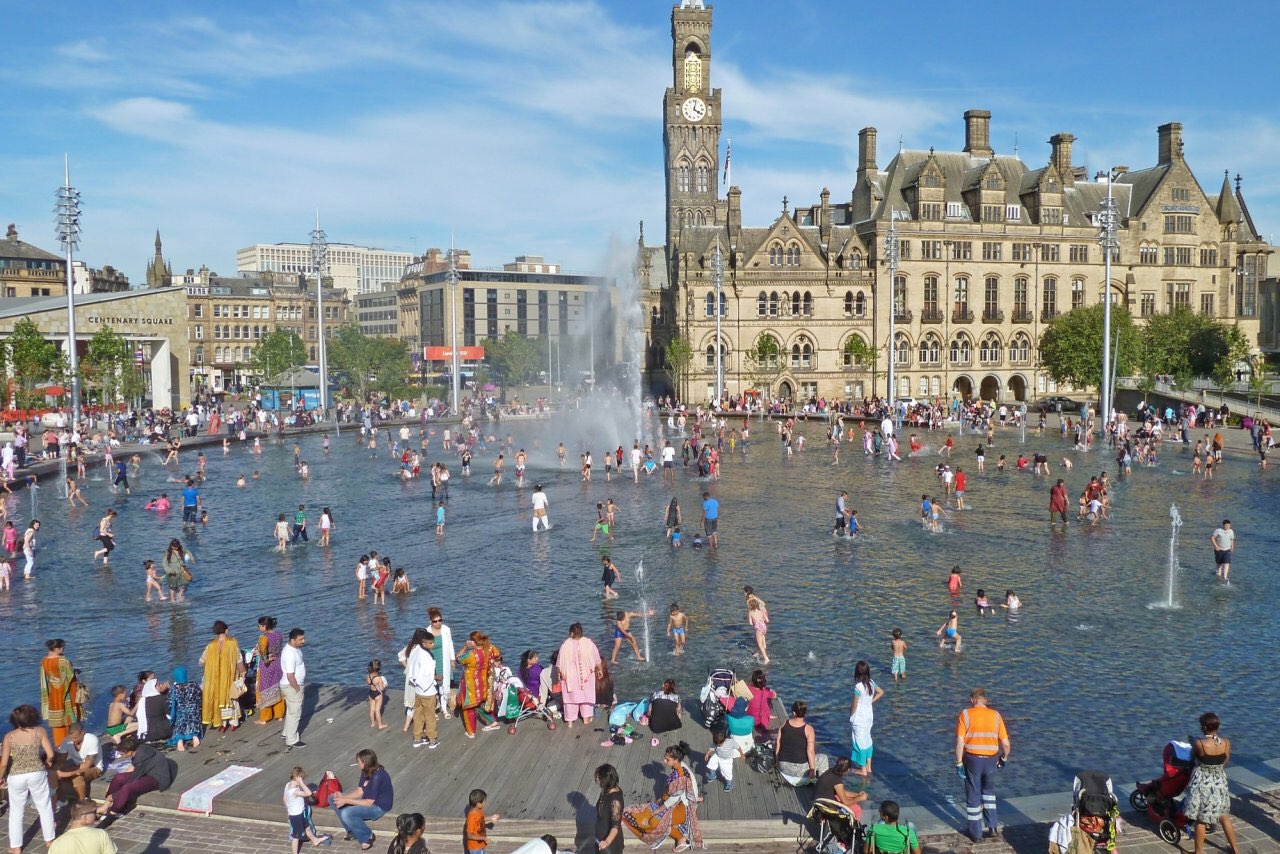In the UK we have safeguarding laws.
This is to protect the health, well-being and human rights of all children and adults.
Everyone should live free from abuse, harm and neglect.
Safeguarding means protecting people from different types of abuse: physical, sexual, emotional and psychological, and financial.
And from different types of neglect: physical, educational, emotional, medical.
In this section, find information about what to do.
- Report a safeguarding concern – children
- Report a safeguarding concern – adults
- Hate incidents
- Domestic abuse / violence
- Trafficking and modern slavery
- Sexual assault and rape
- FGM (Female Genital Mutilation)
- Forced marriage / honour-based violence
- Radicalisation
- Drugs and alcohol
Report a Concern – Children
During office hours (Mon-Thurs 8:30am – 5.00pm; Fri 8:30 – 4:30pm )
Children’s Social Services: 01274 433999
Out of office hours (evenings, weekends and bank holidays)
Social Services Emergency Duty Team: 01274 431 010
If you believe a child is in immediate danger and at risk of harm, call the police on 999
Report a Concern – Adults
Report a concern: 01274 431 077 / Out of hours: 01274 435400
In an emergency, call 999.
Safeguarding
In Bradford, professionals work together to help protect people from harm, to be safe and to feel safe.
They do this in two groups – adults and children.
Safer Bradford is a partnership of Bradford Council, the NHS, emergency services etc. Find out what they do and how they can help.
Bradford Safeguarding Adults (BSA)
Bradford Safeguarding Children (BSC)
Are you worried that someone is suffering abuse?
You can phone a helpline for help and advice.
Services will work together to make sure the victim is safe.
There is useful information on the Safer Bradford website to keep children safe, including:
- recognising the signs of child sexual exploitation and child abuse and what to do if you are worried
- phone helplines
- online / internet safety
- what children should do to stay safe when they are playing outside
- when children are old enough to be left on their own
Domestic Abuse / Violence
Domestic abuse is when someone you know is violent or abusive.
This is usually a family member, partner, or former partner using controlling behaviour.
The abuse or violence could take different forms, including:
- psychological
- physical
- sexual
- financial
- emotional
Staying Put is the main organisation in Bradford to help people suffering domestic violence.
It offers legal advice, money advice, housing advice, and emotional support.
It is usually possible to have an interpreter.
It also offers emergency accommodation.
The helpline is: 0808 2800 999 9am – 5pm. Out of hours: voicemail
In an emergency, phone the police: 999
Hate incidents
Hate incidents are when someone is abusive or violent towards you, because of a prejudice or belief they might have about your:
- race
- religion
- disability
- transgender identity
- sexual orientation
There are different types of hate incident. This includes name calling, physical violence, bullying and intimidation, graffiti, damage to your property, nuisance phone calls and abuse on social media. This is upsetting for victims and their friends and families.
Some hate incidents can also be considered a hate crime, if the law has been broken.
If you experience a hate incident against you or someone else, you should always report it. Even if the incident is not considered a crime, the police and other organisations can help you deal with it.
When you report it, it is really important you tell them if you think it was a hate incident, for the police records.
You can report it by visiting your local police station. Find your local police station.
You can also report it online or over the phone: 101. If it is an emergency (if someone is in danger) you should call 999.
If you do not want to speak to the police, you can report it to Bradford Hate Crime Alliance – BHCA – on 08001 691 664, or text 07904 739 614. Information is available in different languages.
You can also report a hate crime to Stop Hate UK. This is an independent organisation working to challenge hate crime and discrimination. Information about Stop Hate UK is available here.
To report a hate incident to Stop Hate UK: 0800 138 1625 (24 hour helpine)
If you need help and support, you can contact Citizens Advice Bradford.
Trafficking and Modern Slavery
Trafficking is a modern form of slavery.
It involves being transported into the UK, or around the UK, and exploited.
You may be forced into manual work such as construction, or working in people’s homes.
Or you may be forced into having sex.
You may be forced into poor living conditions, being controlled so your freedom is taken away and not paid any wages. Often, you may experience violence or threats.
If you think you are a victim of human trafficking, or you know someone who is, call the police by dialling 999. You have not done anything wrong and it is important you report it.
Remember:
- the police will help you
- you will be protected from anyone you think might hurt you
- you do not have to give evidence in court unless you choose to
Phone: 999
Or contact the Modern Slavery Helpline: 08000 121 700
Sexual assault and rape
Rape and sexual assault are when you are subjected to sexual acts without your consent.
Rape is when someone forces you to have sex.
Not all cases of sexual assault involve violence, cause physical injury or leave visible marks.
Sexual assault can cause severe distress, emotional harm and injuries which can’t be seen.
All rape and sexual assault is very serious.
Bradford Rape Crisis and Sexual Abuse Survivors Service (BRCSASS) supports people who have been affected by sexual violence of any kind at any time in their lives.
The service offers a helpline, counselling, and advocacy to help you access other services.
BRCSASS can provide an interpreter during support sessions. There is also the Jyoti service – specialist support for BAME women and girls (Black, Asian and Minority Ethnic).
Female Genital Mutilation (FGM)
- FGM is sometimes also known as female circumcision or cutting.
- It is the removal of, or injury to, female genitalia, carried out for non-medical reasons.
- This is sometimes done to girl children, usually before they reach puberty.
- It is carried out because of a mistaken belief that it will benefit the child.
- It has no medical benefits. There are no religious texts that say it should be done.
- FGM is illegal in the UK – to carry it out, or to allow FGM to be carried out on your child.
- If you are found guilty, you can go to prison for up to 14 years.
- FGM is extremely harmful physically. It can also affect the child emotionally.
- Services in Bradford take FGM very seriously.
If you have been affected it is really important to ask for help from a health professional. - You can talk to your GP, nurse or midwife (maternity nurse).
They can help you get surgery to relieve some of the physical problems caused by FGM and mental health support to help deal with distress. - If someone you know is at risk of FGM, it is important you report it. Then you or the person can be protected. You can speak to your GP or health professional.
- You can also contact the NSPCC FGM Helpline, this is a national charity that works to protect children.
- If someone is in immediate danger from FGM, call the police on 999.
Forced Marriage / Honour Based Violence
Forced marriage is when you are pressured to marry someone against your will.
Honour-based violence is a violent crime or incident which someone or a group may commit against you because they believe it protects or defends their ‘honour’.
Forced marriage and honour-based violence are both illegal in the UK.
If you are in immediate danger you should call the police on 999.
Karma Nirvana is a national charity which runs a helpline offering support.
Radicalisation
Everyone in the UK has the right to express their beliefs and interests openly.
However, radicalisation is when:
- someone starts to believe or support extreme views
- they might change their behaviour and beliefs
- they might be pressured to do something illegal or dangerous by someone else
If you think someone is being radicalised, you should report your concerns to the police:
Phone: 0800 789 321
Or Google: Find My Local Police Station – then phone or visit
If you think a child is in immediate danger, call the police on 999.
Drugs and alcohol
Drugs that are illegal in the UK are divided into Class A, B and C e.g: heroin and crack cocaine are Class A, cannabis is Class B and khat is class C.
Penalties are different for each class of drug.
You can get up to life in prison for supplying drugs and up to seven years in prison for possessing drugs (as well as on-the-spot fines).
In 2016, the police were given extra powers to take action against people who supply or produce drugs known as illegal highs or psychoactive substances.
They look and behave like other drugs such as cocaine, ecstasy and cannabis.
They can cause physical affects including heart palpitations, seizures and even death.
It can be even more difficult to know what chemicals are in illegal highs than with other drugs.
New Vision is the main drug and alcohol service in Bradford.
- You can access information on drugs and alcohol use.
- You can get different kinds of support for drug and alcohol problems.
- You can refer yourself.

